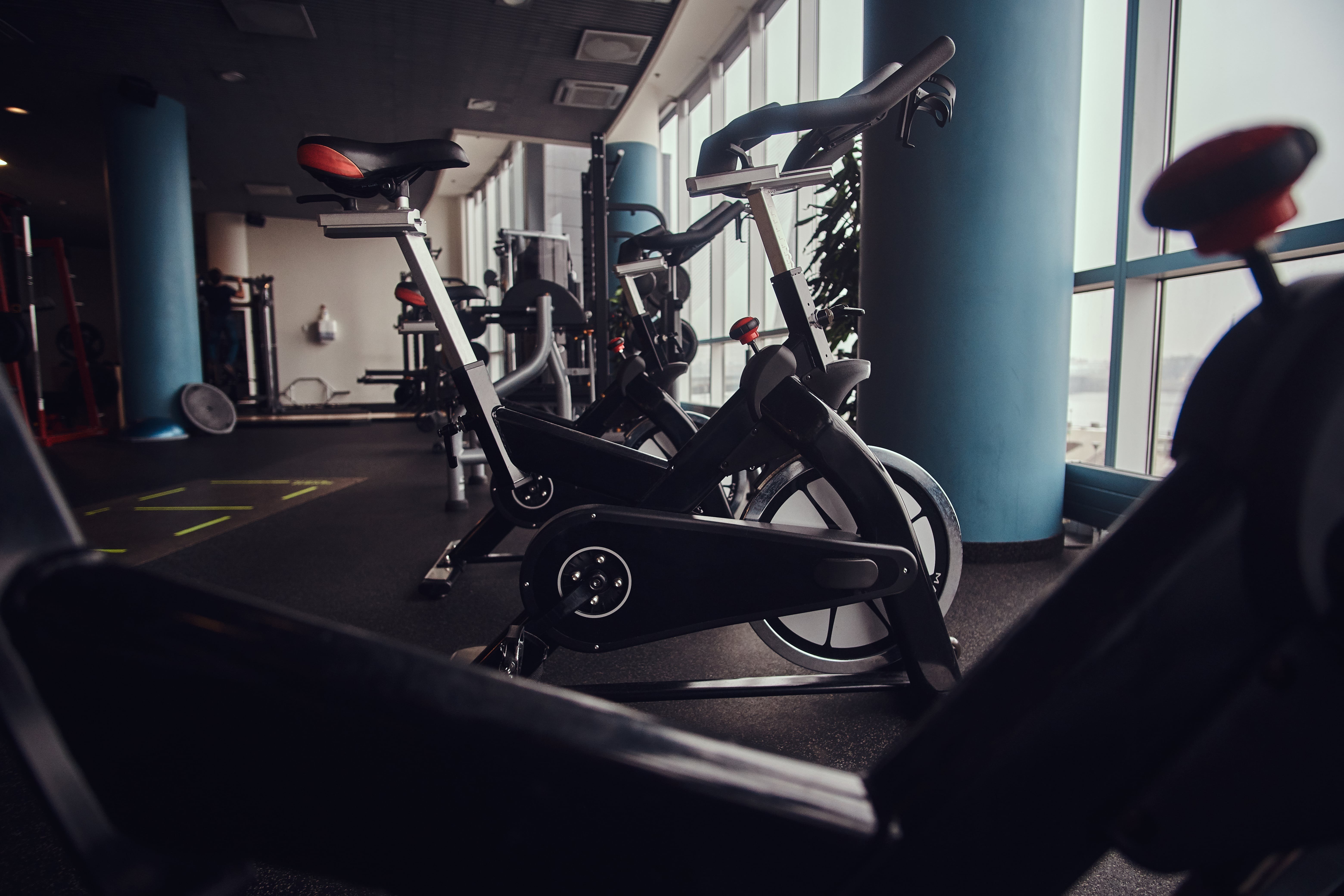The Exercise Bicycle: A Comprehensive Guide on Benefits, Types, and Best Practices
Exercise bicycles, often described as stationary bikes, have actually surged in appeal in current years as an effective means of enhancing cardiovascular health, burning calories, and improving general fitness. With a variety of types readily available, comprehending how to select the best one and incorporate it into a fitness routine is important for achieving optimum health advantages. This post checks out the different kinds of exercise bicycles, their benefits, and useful suggestions for efficient exercises.
Types of Exercise Bicycles
Exercise bicycles can be broadly categorized into three types: upright bikes, recumbent bikes, and spinning bikes. Each type uses distinct features suited for different fitness levels and choices.
| Type of Exercise Bicycle | Description | Perfect For |
|---|---|---|
| Upright Bike | Mimics the experience of riding a traditional bicycle, with the rider in an upright position. | Beginners and experienced bicyclists alike trying to find a full-body exercise. |
| Recumbent Bike | Features a reclined seating position, which minimizes stress on the back and provides support for the lower body. | Senior citizens or individuals with back problems or those recovering from injury. |
| Spinning Bike | Designed for high-intensity workouts, typically featuring a much heavier flywheel and adjustable resistance. | Fitness lovers and those thinking about high-intensity period training (HIIT). |
Advantages of Using an Exercise Bicycle
Engaging in regular workouts on an exercise bicycle provides many advantages for people of any ages and fitness levels. Here are some essential benefits:
Cardiovascular Health: Exercise bicycles provide an exceptional aerobic workout that can considerably enhance heart health and lung capability.
Low Impact on Joints: Unlike running or other high-impact activities, biking places very little tension on the joints, making it appropriate for individuals with joint diseases or those recuperating from injuries.
Convenience: With an exercise bicycle in the house, individuals can exercise at their own convenience without weather obstacles or time restrictions.
Weight Loss: Regular biking helps burn calories, which can cause weight-loss or weight management when integrated with a well balanced diet.
Enhanced Muscle Tone: Cycling targets significant muscle groups consisting of the legs, glutes, and core, hence contributing to much better muscle tone and strength.
Mental Health Benefits: Physical activity, consisting of cycling, launches endorphins-- natural state of mind lifters-- which can ease signs of stress and anxiety and depression.
Table 1 below summarizes these advantages and indicates their significance based on various fitness objectives.
| Advantage | Value Level (1-5) |
|---|---|
| Cardiovascular Health | 5 |
| Low Impact on Joints | 4 |
| Convenience | 5 |
| Weight reduction | 4 |
| Improved Muscle Tone | 4 |
| Mental Health Benefits | 5 |
Tips for Effective Workouts
To take full advantage of the advantages of using an exercise bicycle, think about the following practical suggestions for efficient workouts:
Setting Up Your Bike
- Change the Seat Height: Ensure that your knee is a little bent at the bottom of the pedal stroke.
- Adjust the Handlebars: Position them to a comfy height that does not strain your back or shoulders.
- Use Proper Footwear: Wear appropriate shoes that use good support and minimize slippage.
Creating a Balanced Routine
- Warm-Up and Cool Down: Always start with a 5-10 minute warm-up to prep your muscles and follow with a cool-down session to aid healing.
- Integrate Interval Training: Alternate in between high-intensity speeds and moderate pedaling to enhance cardiovascular fitness and burn more calories.
- Screen Your Heart Rate: Use the bike's integrated sensors or a heart rate monitor to keep an optimum training zone.
Keeping Motivation
- Set Specific Goals: Whether it's duration, distance, or calories burned, having clear objectives can keep you focused.
- Track Your Progress: Utilize fitness apps or journals to log workouts and keep track of enhancements gradually.
- Diversify Your Workouts: Mix sessions with music, videos, or interactive online classes to keep your routine fresh and satisfying.
Often Asked Questions (FAQs)
How typically should I use an exercise bicycle?
For ideal health benefits, it is advised to utilize an Exercise Bike For House bicycle a minimum of 150 minutes weekly of moderate-intensity aerobic activity or 75 minutes of vigorous activity. This can be spread throughout the week based upon personal preferences.
Can I lose weight by cycling on an exercise bicycle?
Yes, cycling is an efficient way to burn calories. To achieve weight reduction, combine consistent cycling with a well balanced diet and other kinds of exercise.

Is biking safe for elders?
Absolutely. However, seniors should choose a recumbent bike to minimize pressure on the back and joints, and ensure a correct setup and posture for convenience.
What are some common errors to prevent while cycling?
- Inappropriate seat height can cause pain and injury.
- Overstraining without adequate rest can prevent development.
- Ignoring hydration is a typical mistake that can adversely affect performance.
Can I see television or check out while cycling?
Yes, lots of people discover that enjoying TV or reading assists make the exercise more pleasurable. Just guarantee you preserve correct posture on the bike to prevent stress.
The exercise bicycle is a versatile piece of equipment with various advantages, making it an ideal option for people seeking to enhance their fitness levels comfortably and securely. By understanding the various types of bikes, embracing their advantages, and following finest practices for exercises, anyone can efficiently include cycling into their health regimen. As fitness goals progress, the exercise bicycle offers a dependable means of accomplishing and keeping desired results.

